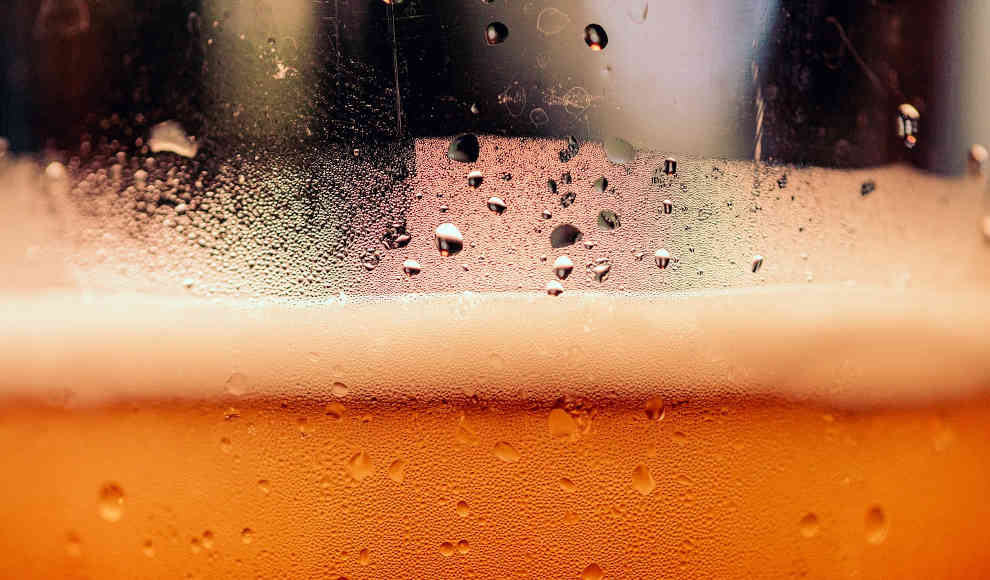A new method has been developed to convert grain waste from beer production into activated carbon and carbon nanotubes, which can be used for water treatment. According to Statista, beer is one of the most popular alcoholic beverages in the world, with the highest consumption per person in the Czech Republic. In Germany, the production of beer generates waste products that are currently used for biogas production and animal feed. However, researchers at Queen’s University have found a way to convert these waste products into carbon, which is in high demand for household fuel, charcoal for grilling, and water filters.
The process is simple and involves drying the grain waste, followed by treatment with chemicals and heat. The carbon in the waste can then be isolated and processed into activated carbon, which was found to remove 77% of lead from water in just one hour. After 72 hours, the activated carbon removed 96% of the harmful heavy metal. Carbon nanotubes were also produced from the activated carbon, which can be used in various applications such as in the chemical industry, as fuel, catalysts, cosmetics, and medicine. Carbon nanotubes are also useful in electronics and for creating new materials.
The researchers believe that this method is an excellent example of a circular economy, as it protects the environment and offers new economic opportunities for waste products. The conversion process is also cost-effective, using readily available chemicals and materials. This new method could revolutionize the way we think about waste products and their potential uses, providing a sustainable solution for the future.










